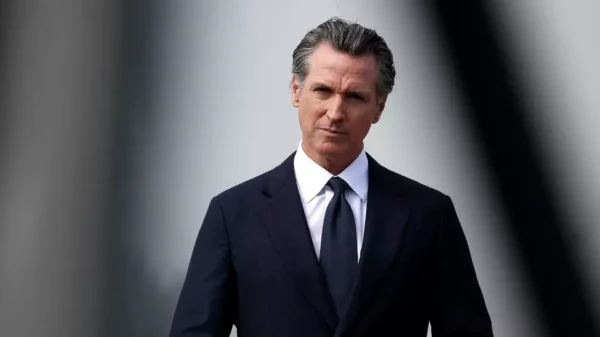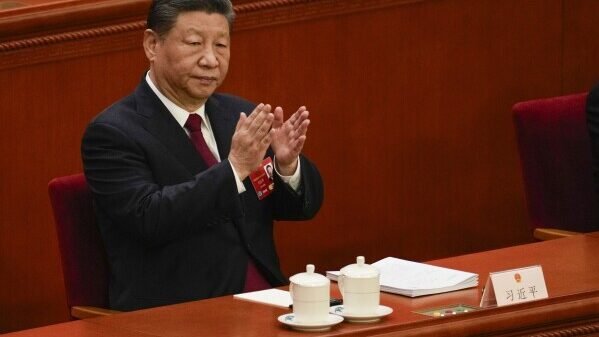Yemen Conflict Deepens with Arms Supply Resurgence
The ongoing conflict in Yemen has taken a dangerous turn with reports that notorious arms dealer Viktor Bout has resumed his activities, supplying weapons to the Houthi rebel forces. Bout, who was released in a high-profile prisoner exchange in 2022 after serving time in the U.S. for arms trafficking, is now allegedly playing a pivotal role in arming the Houthis, further complicating an already devastating conflict.
Viktor Bout’s Return to Arms Dealing
Viktor Bout, often referred to as the “Merchant of Death,” was previously convicted for smuggling weapons to conflict zones around the world. His return to the arms trade, specifically in the Yemeni conflict, adds a new layer of complexity and danger to a war that has already seen immense suffering and international intervention. Sources suggest that Bout’s arms deliveries to the Houthis include advanced weaponry, further escalating the conflict between the Iran-backed rebels and the Saudi-led coalition supporting Yemen’s internationally recognized government.
The Houthis’ Growing Military Capabilities
The Houthis, who control large parts of northern Yemen, have received substantial backing from Iran, including weapons, training, and political support. Bout’s involvement now potentially gives them access to a broader range of sophisticated arms, heightening the threat posed to the coalition forces and complicating peace efforts. The Houthis have demonstrated increasing military capability in recent years, launching missile and drone attacks on Saudi Arabia and even striking oil infrastructure. The additional weaponry facilitated by Bout could embolden the rebels further, prolonging the conflict and exacerbating the humanitarian crisis.
International Concerns Over Arms Trafficking
The reemergence of Bout in global arms trade raises serious concerns for international security, particularly in the Middle East. Arms trafficking networks like those operated by Bout have been notoriously difficult to dismantle and pose significant risks to regional stability. Bout’s activities, if confirmed, not only complicate the Yemeni conflict but also raise fears that similar arms networks could be fueling other conflicts across the region. International actors are increasingly concerned that this will lead to further destabilization, prolonging the war and complicating any peace negotiations.
Humanitarian Crisis Worsens
The escalation of the conflict through increased arms supplies is expected to worsen the already dire humanitarian situation in Yemen. The war, now in its tenth year, has led to widespread famine, displacement, and a collapse of infrastructure. The United Nations has described Yemen as the world’s worst humanitarian disaster, with millions of people in urgent need of food, water, and medical assistance. As the conflict intensifies with new arms supplies, the prospects for a diplomatic solution seem increasingly remote, while the suffering of civilians grows.
Global Calls for Sanctions and Intervention
In light of Bout’s alleged re-entry into the arms trade, there have been renewed calls for stronger international sanctions and action against arms traffickers who fuel conflicts. The United Nations and several human rights organizations have long advocated for tighter controls on arms sales to conflict zones like Yemen. The resurgence of figures like Viktor Bout demonstrates the need for a more coordinated international effort to track and stop illicit arms flows that destabilize regions and prolong wars.
Conclusion: A Conflict with No End in Sight
The deepening of the Yemen conflict, exacerbated by Viktor Bout’s involvement in supplying weapons to the Houthis, highlights the complexity of resolving the war. As the rebel forces gain access to more advanced weaponry, the fighting is expected to continue, further hindering peace efforts and worsening the humanitarian crisis. The international community faces an uphill battle in stopping the flow of arms and encouraging a negotiated settlement in one of the most protracted and devastating conflicts in the world.



































